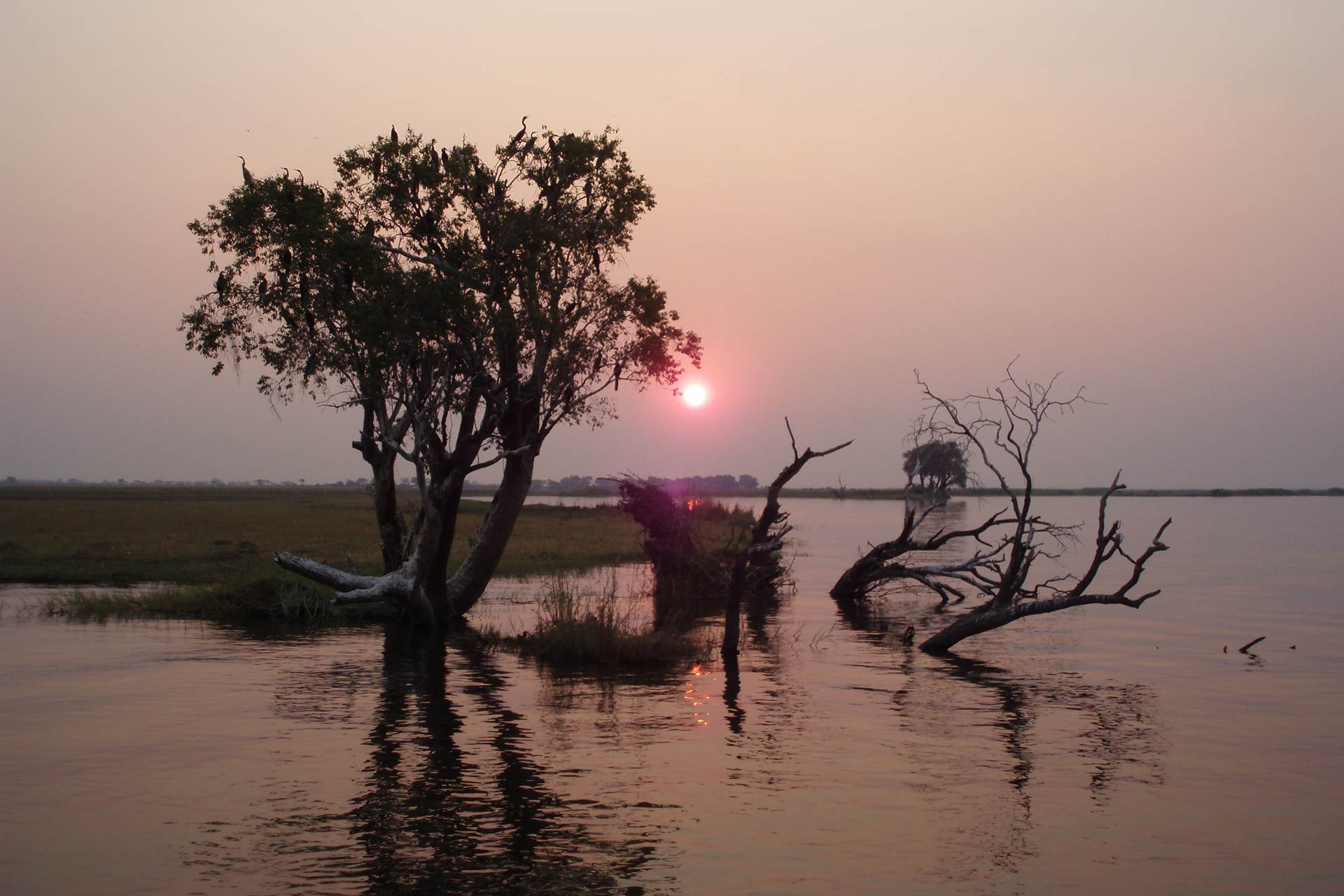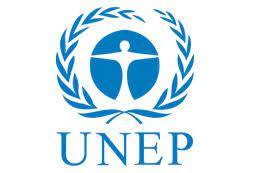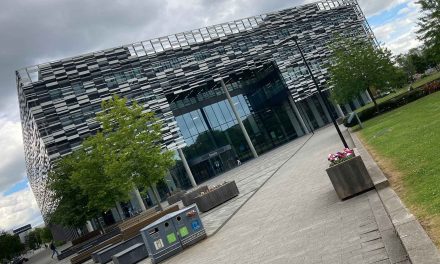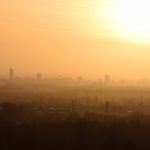UNEP chief scientist, Dr Andrea Hinwood, outlines why there is a pressing need for more Open Access material so that developing countries can tackle the planetary crises of climate change, biodiversity loss, and pollution and waste.
Profile: Andrea Hinwood (B.Sc., M.AppSc., PhD) is an environmental scientist with expertise in environmental exposures and impacts on human health. Prior to working at UNEP, Andrea served as the first chief environmental scientist at the Environment Protection Authority in Victoria, Australia. Her career has included the provision of strategic advice to the government on a wide variety of environmental matters, including ozone depleting substances, air quality, fire and smoke management, biodiversity impacts and emerging contaminants.
Dr Andrea Hinwood is Chief Scientist for the United Nations Environment Programme (UNEP). It is a huge role given the 193 member states in the UN’s Environment Assembly, all with subtly different issues in terms of climate change and biodiversity loss, but all with issues, nonetheless. In short, Dr Hinwood describes her role as one where she takes the research and aims to “communicate it effectively to policy-makers so that we get an improvement in environmental outcome”. It means much of her time is spent being a “translator of the science” explaining it to the people who need to hear it. Then there is the added need to make the research “tenable so that people know what to do with that science”.
Aether caught up with the chief scientist shortly after she had given a presentation at the Stockholm+50 convention in June this year celebrating the 50 years since the 1972 United Nations Conference on the Human Environment, which made the environment a pressing global issue for the first time. Based in Nairobi, Kenya, one of the issues raised by Dr Hinwood was the need for much more Open Access to research for poorer countries that are often much more likely to be affected by climate change and therefore are much more in need of the latest technology or other solutions to try to limit the effects.
Why is Open Access such an important part of your message?
There are two aspects to that. One is making sure that the data and the information and knowledge is actually available to those in developing countries and the global south in particular. So, it is about not necessarily having to pay for journal articles, but also for researchers to make the underlying data available to support decision-making. Why do I say that? Because there is a lot of data and research out there and we are not using all of it. We are not able to access a lot of what individual researchers produce, because they might publish in a particular journal where the synthesis is provided, but not the original data.
But in some locations, there are journals that specify that data be made publicly available without restriction. That is something we try to advocate for and, indeed, we are advocating that academic institutions and academics use and publish in Open Access journals. We need more of that knowledge to be available to those who find their efforts to access information and data thwarted by paywalls.
Second, making information accessible is a function of science communication. It is one thing to talk about polybrominated biphenyls, where they are found and what that means from a human exposure standpoint, but have you actually communicated in language that a policymaker understands so that they know what piece of policy, legislation, or programme they want to put in place, so that they reduce that environmental exposure?
The same holds true with options for biodiversity, the actions you take for energy efficiency, for food; it is across the whole gamut.
The other area we are advocating is to try to counter misinformation. There is a lot of information being put out there and a lot of science is challenged with no basis. One of the ways we can deal with that is if we make information publicly available, transparent, and accessible. People will then start to trust what they are accessing. A lot of people simply do not trust what they cannot see, so if its available and can be accessed easily that will help.
Interestingly, there is a journal where they have now said that any research that is conducted in another country that does not have representation on the author panel of that country, they will not accept it or even review it.
What does that do? The data is being collected, being reported in developed countries, but it is not being made accessible to people who need to make decisions in those same countries. There is a whole range of inequalities and activities where we need to start advocating for that open, accessible information.
In the same vein, I know industry has their intellectual property and commercial in confidence protocols. It amounts to the same thing; if they were to start sharing some of their data and information, we would have a better and more robust evidence base to start to make better decisions in particular sectors. You would be able to know what regions you should be focusing on, what particular industries, because at the moment you are reliant on people and governments reporting their information.
I also think trust in industry would be enhanced if they were to start providing data and information as a public good and as part of their social responsibility.

More needs to be done faster to help mitigate climate change
Are we seeing a change in the mindset of government and industry?
In my view, where we are in terms of the three planetary crises, and UNEP unapologetically addresses these three aspects, we are focused on solutions. If you are in industry and you have a great solution, along with the evidence that it actually works, surely you want that solution to be made available across the globe?
If you don’t make it transparent and available then there is an issue of trust there, so it is about trying to get entities to provide that information. From our point of view, we would like to provide information about and access to technologies, and they can be low tech or high tech, old technologies or new technologies, so that developing countries can leapfrog the problems developed countries have introduced. It would mean they can transition straight to renewable or sustainable technologies or approaches that are going to enable them to adapt to some of the changes that are coming. It may also lead to the ability to develop sectors that are going to be sustainable and that are going to be able to be marketed to improve livelihoods and equality.
Who has the most influence, governments or big business?
I think it is the mix of both. In discussions with leaders within the agricultural sector for example, there are some areas where they have subsequently made all their information available and it has proved to be extremely beneficial from an economic point of view.
But the alternate situation is also true, where we still have a number of sectors within agricultural business where they are holding their information and data very close. There are certainly some sectors that don’t want to share anything. We need to shift that, because if we are going to solve those problems, we need everyone to engage.
Governments don’t necessarily control the information flow from academia and industry. They do however have a role with making their available information; country reporting, state of environment and things like that that fall under the remit of environmental information accessible to all stakeholders. There is no doubt they could further develop their systems to make information available and I would encourage them to do that.
The main thing for me is to promote this open, accessible and transparent science because I think if we can get that shift in in culture across different stakeholders, that they are happy to share information, then you might actually get more uptake and more trust in developing more solutions. It might even lead to the development of some really innovative solutions. So here in Africa (UNEP’s headquarters are in Nairobi, Kenya) some are crying out for information on particular technologies that they might be able to employ, but others are also developing new and innovative approaches to dealing with environmental problems. So sharing that would be a really positive thing.
I guess the only other thing is that across biodiversity, pollution and waste and climate change is that everybody, no matter where they are, whether they are an individual or a corporation or a government, we really need to do as much as we can in the next eight to ten years so that we have time to transition to new ways of working. We have got entrenched economic systems and food systems and we actually need the time so that the more we do now the better it will be in the short and longer term. Action across society to address the planetary crises is essential and is something we are working hard on.

Dr Andrea Hinwood / Chief Scientist United Nations Environment Programme (UNEP) / www.unep.org












